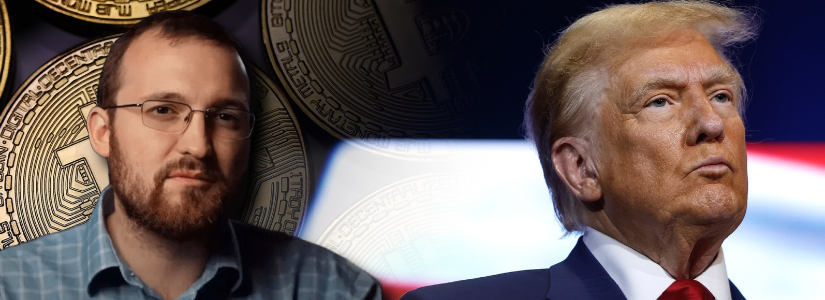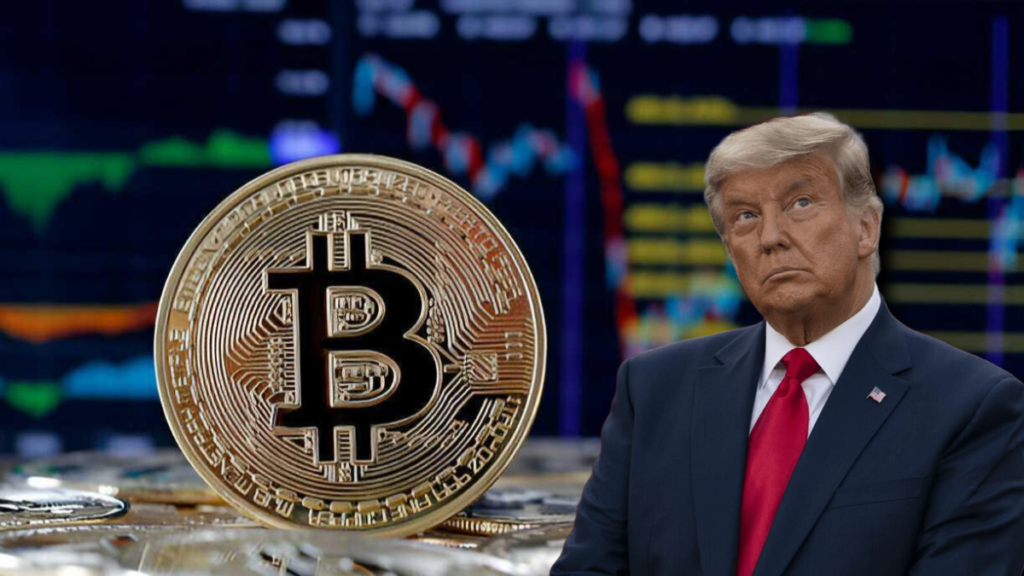TL;DR
- Trump’s team is considering funding the national Bitcoin reserve with tariff revenue, moving away from previous proposals that included selling gold.
- White House advisor Bo Hines sees this strategy as an urgent response to the global race to accumulate Bitcoin.
- While some experts warn of risks to domestic mining, the plan has been welcomed by crypto advocates as a bold step toward a digital economic future for the U.S.
In a move that could represent a historic shift in U.S. economic policy, Donald Trump’s team is considering funding the national Bitcoin reserve with revenue from trade tariffs. The proposal, led by Bo Hines, executive director of the Presidential Council of Advisers on Digital Assets, aims to position the United States as a leader in the accumulation of this scarce digital asset amid intensifying global competition.
Bitcoin, Tariffs, and Geoeconomic Power
In a recent interview with Thinking Crypto, Hines explained that the objective is to establish a strategic Bitcoin reserve through budget-neutral means, using innovative mechanisms such as tariff income. This vision contrasts with a previous proposal by Republican Senator Cynthia Lummis, who had suggested selling part of the Federal Reserve’s gold holdings to finance Bitcoin purchases.
According to Hines, Bitcoin must become a cornerstone in shielding the country’s economy against global shocks. He emphasized that with a limited supply, early accumulation is crucial.
“We’re facing a silent race for Bitcoin, and the U.S. cannot afford to fall behind,”
he also stated in a conversation with investor Anthony Pompliano.
Mining at Risk, But Blockchain Integration Advances
Despite the widespread enthusiasm within the crypto community, some experts have warned about potential side effects. Charles Hoskinson, founder of Cardano, expressed skepticism about using tariffs as a tool to acquire BTC and warned that future attempts by the government to tax the crypto sector would be ineffective.
There are also concerns that higher tariffs on imported electronic equipment, especially from China, could negatively impact U.S.-based Bitcoin miners. Rising costs for mining infrastructure might undermine the country’s competitive edge in this vital segment of the crypto industry.

Nevertheless, the Trump team appears to have a broader vision. Hines also hinted at ongoing efforts to introduce legislation that would integrate stablecoins and blockchain technology into the national banking system, with a focus on security, traceability, and institutional strengthening.
With growing inflationary pressures and speculation over a potential replacement of Federal Reserve Chair Jerome Powell, the message is becoming clear: a future Trump administration could redefine the role of Bitcoin, not merely as a speculative asset, but as a key tool of financial sovereignty.




![Is Dogecoin [DOGE] Security? Mad Money's Jim Cramer believe so](https://crypto-economy.com//wp-content/uploads/2022/01/Capture-2-300x184.jpg)






